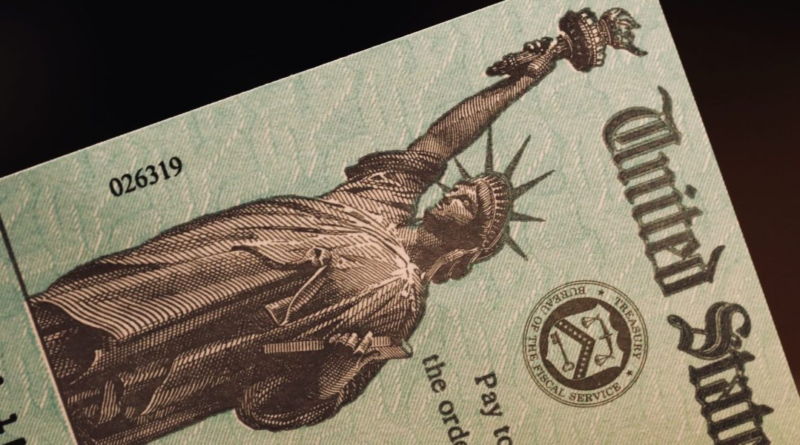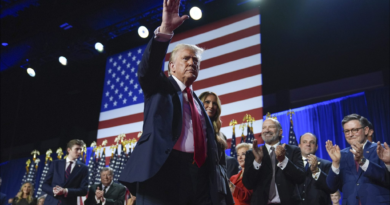The U.S. deficit is nearly as big a Russia’s economy, and there’s a ‘vicious’ feedback loop that could make it worse
The presidential election has brought the issue of federal budget deficits back into the spotlight as markets weigh the impact of another Biden or Trump administration on government revenue and spending.
A week before this past Thursday’s presidential debate, the Congressional Budget Office updated its projections for U.S. debt and deficits.
The CBO’s new estimate for the fiscal 2024 deficit is now $1.9 trillion, up from its prior view for $1.6 trillion issued in February and up from the 2023 deficit of about $1.7 trillion.
While the 2024 figure falls short of the pandemic-era high of $3 trillion, a level of $1.9 trillion nearly matches Russia’s entire GDP, which the World Bank put at $2 trillion in 2023, making it the 11th biggest economy in the world.
Part of the reason for the increase in the projected 2024 deficit was to account for emergency spending that went to help Ukraine fight Russia, the CBO said. Other emergency appropriations went to Israel and U.S. allies in Asia.
Meanwhile, the U.S. deficit eclipses other major economies like Mexico’s ($1.79 trillion), Australia’s ($1.72 trillion), and South Korea’s ($1.71 trillion).
For now, financial markets have largely focused more on inflation data and when the Federal Reserve will cut rates. But that doesn’t mean the risks of a widening deficit and debt are absent.
Former New York Fed President Bill Dudley told Bloomberg TV on Wednesday that unsustainable trends always come to an end.
He also warned that the situation could go south quickly. For example, if bond markets start to balk at buying Treasuries, interest rates will go up to attract more demand. That leads to the government paying more for debt service costs, which then adds further to the deficit.
“So the feedback loop here can be quite vicious,” Dudley said. “The hard thing is to know the timing.”
He added that there’s less demand for U.S. Treasury bonds in certain corners of the global market because Western sanctions on Russia prompted other countries to diversify away from dollar-denominated assets.
In addition, debt that was issued at lower rates is now being rolled over to higher rates, so debt service costs are going up more rapidly than total debt, Dudley said.
The election and its aftermath could be catalysts. Amid a Wall Street Journal report that said Trump’s allies have drawn up plans to erode the Fed’s independence, an election victory could raise concerns the Fed will monetize U.S. debt by buying more Treasuries and stoking inflation.
To be sure, it wouldn’t be easy to gain control over the Fed as the regional bank presidents aren’t appointed by the White House and Fed governors have staggered terms, Dudley pointed out.
“That said, just the mere attempt to take control of the Fed, to diminish the Fed’s independence could be the spark that rattles markets,” he added.




